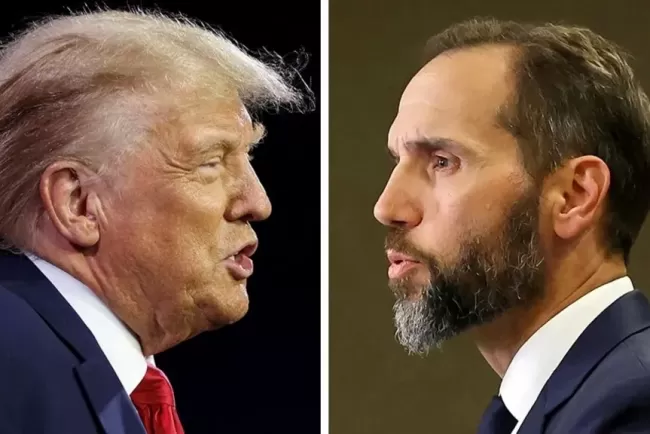India-Pakistan Peace Talks: A Fragile Ceasefire and Focus on Terrorism
Following a temporary ceasefire that ended hostilities between India and Pakistan, Prime Minister Shahbaz Sharif has expressed his willingness to engage in peace talks. However, India's External Affairs Minister S. Jaishankar has made it clear that any discussions will be strictly limited to the issue of terrorism. This article explores the implications of these developments and the ongoing complexities of the India-Pakistan relationship.
Ceasefire and Readiness for Dialogue
In the wake of Operation Sindur, a temporary agreement has brought a halt to hostilities between the two nuclear-armed neighbors. Prime Minister Shahbaz Sharif's readiness to engage in dialogue marks a significant diplomatic overture. However, Jaishankar's remarks emphasize that India will only consider talks if Pakistan takes concrete steps to dismantle the terror infrastructure that has historically fueled tensions. The Indian government has maintained a firm stance that discussions will be contingent upon a sustained cessation of cross-border terrorism.
U.S. Mediation and International Perspectives
The United States has welcomed the ceasefire and is advocating for direct talks between India and Pakistan. U.S. President Donald Trump has previously expressed his interest in mediating the Kashmir dispute, a long-standing point of contention between the two nations. The U.S. administration's support for dialogue underscores the international community's hope for stability in South Asia.
India's Defensive Posture
As diplomatic efforts unfold, India's Defense Minister Rajnath Singh's visit to the Bhuj air base and the India-Pakistan border region signals the importance of national security in this context. Singh's trip highlights the Indian government's commitment to maintaining a strong defense posture while engaging in talks. The emphasis on security reflects the underlying tensions that persist despite diplomatic overtures.
Focus on Terrorism
Jaishankar's assertion that talks will focus solely on terrorism reiterates India's long-standing position that any dialogue must address issues of security first. The Indian government has consistently linked peace with Pakistan to the dismantling of terrorist networks that have targeted India. This focus on terrorism as a precondition for dialogue is likely to be a significant hurdle in any future negotiations.
Conclusion
The recent developments between India and Pakistan present both an opportunity for peace and a reminder of the challenges that lie ahead. While the ceasefire is a positive step, the path to lasting dialogue is fraught with complexities. As both nations navigate this diplomatic landscape, the international community, particularly the United States, will play a crucial role in fostering an environment conducive to meaningful negotiations. The focus on terrorism as a central theme in talks will be pivotal in shaping the future of India-Pakistan relations.
Stay updated with our blog for the latest insights and developments on the India-Pakistan peace process.
What's Your Reaction?















